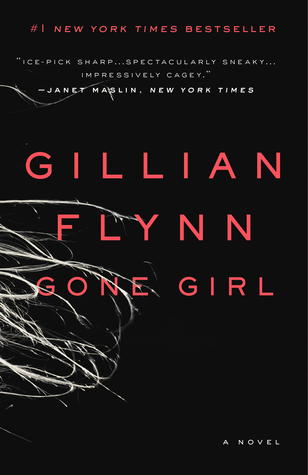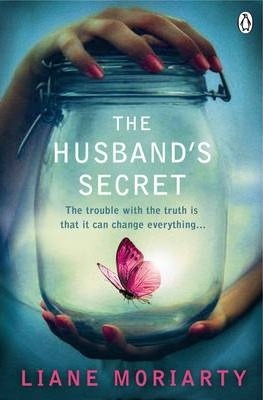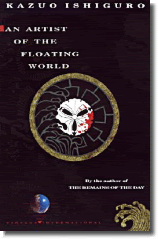
Title: Power, for All (Link to Goodreads)
Author: Julie Battilana, Tiziana Casciaro
Genre: Non-Fiction
Published: August 2021
My Rating: 4 on 5
I have to admit I had not heard of this book until I saw this mentioned on the recommended reading list of Tiziana’s course ‘Leading People in Organizations’. Rarely am I given an opportunity to meet an author up close and attend her classes, so I made sure I read this book before I landed in her class. Without knowing the authors behind the book, I read this as any other non-fiction book on corporate culture. But when I met the passionate and morally grounded Tiziana, I realized she embodies everything that this book stands for.
This book is all about power – how it has always had a negative connotation that power corrupts people, how it is assumed to be wielded by the people high above in the hierarchy, and the book tries to shatter these myths by decoupling power from role or title and brings in other factors like having influence by controlling resources that other needs. Power seems unattainable to most of us, but this book breaks the equation of power to its bare bones and provides ample instances of so called ordinary people gaining and wielding power. For instance, the study conducted at a French plant revealed that the most powerful were not the managers in the top run of the hierarchy, but the power rested with the maintenance team who had access to the most valuable resource – fixing broken machines. If machines were broken, it impacted the productivity and the linked pay for every worker. Thus, the team which had sole control over this valuable resource wielded the greatest power.
Gender too makes an appearance in the book, as the authors focus on the struggles of Donatella Versace, who took over as the CEO after her father’s untimely death. When she found no support from the board or her next level leaders, she built up her confidence by finding a group of strong, determined women who were not only her allies, but her critics too. The book quotes a study on how women’s leadership success is influenced by the gender composition of the team and concludes “… to get executive positions with the highest levels of authority and compensation, women need one more thing: an inner circle of close ties with other women.”
Both the authors being academicians, the book is based on years of research and cites many studies, experiments and real-life examples to demonstrate how to gain power, use it well and not let it corrupt you. I had the privilege of being part of the discussions in class about some parts of the book and that elevated the learning to the next level. This is a must-read book for every person, irrespective of one being a manager or a worker or even if one is not in the corporate world.


 Title: A Woman in Berlin: Eight Weeks in the Conquered City: A Diary
Title: A Woman in Berlin: Eight Weeks in the Conquered City: A Diary Title: Freedom at Midnight
Title: Freedom at Midnight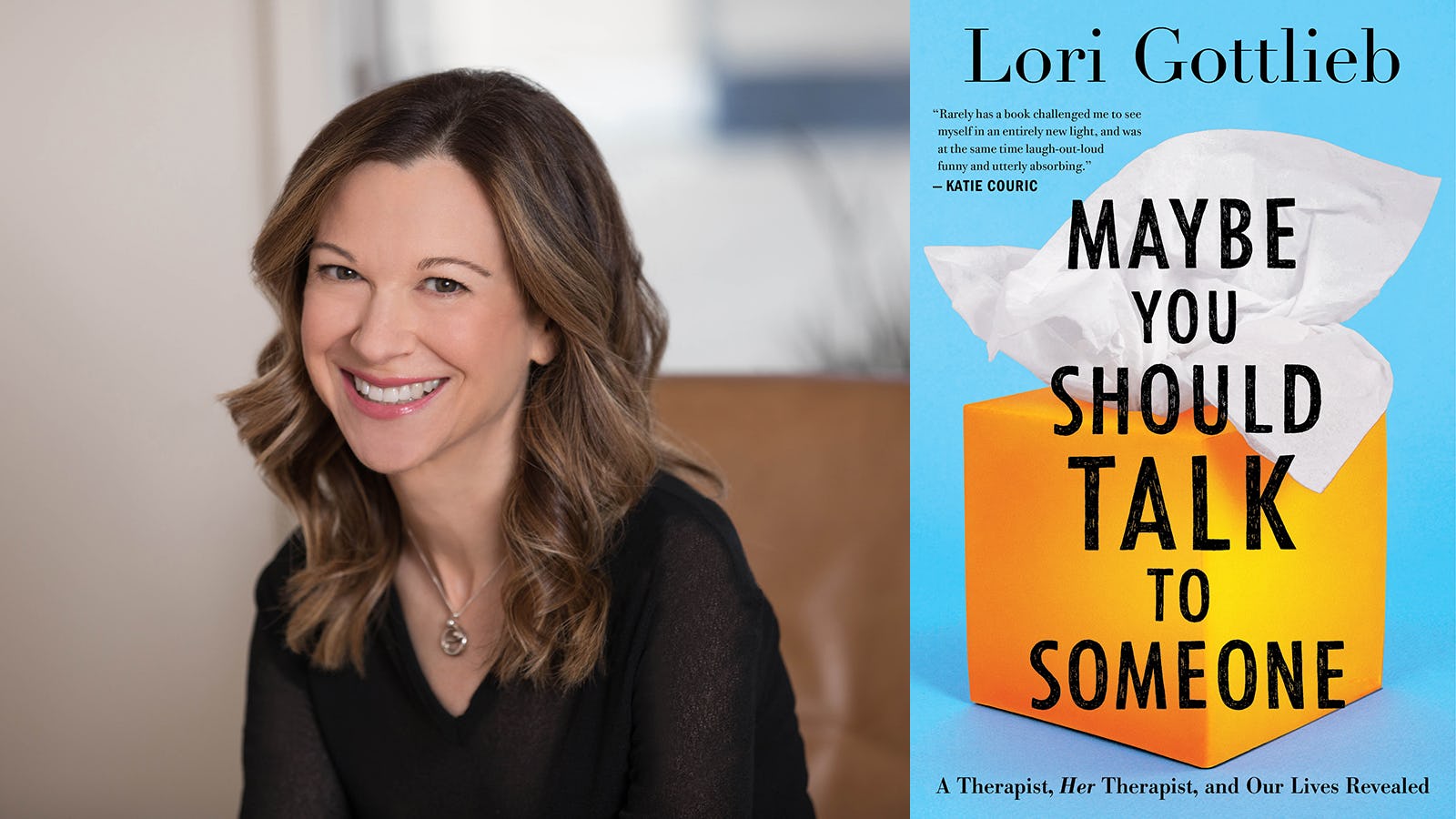
 Title: Becoming
Title: Becoming Title: Elon Musk: Tesla, SpaceX, and the Quest for a Fantastic Future
Title: Elon Musk: Tesla, SpaceX, and the Quest for a Fantastic Future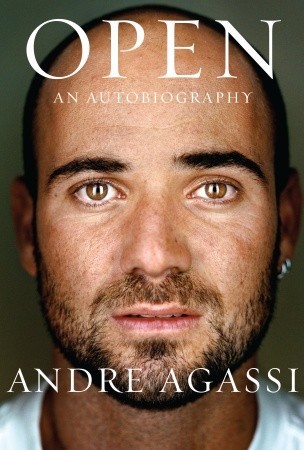 Title: Open
Title: Open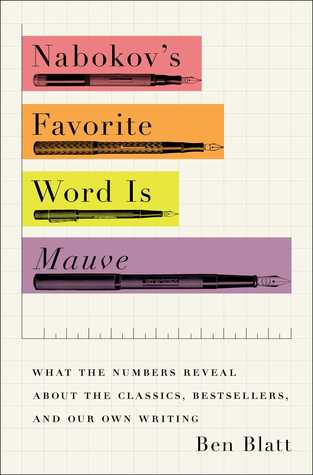 Title: Nabokov’s Favorite Word Is Mauve
Title: Nabokov’s Favorite Word Is Mauve






